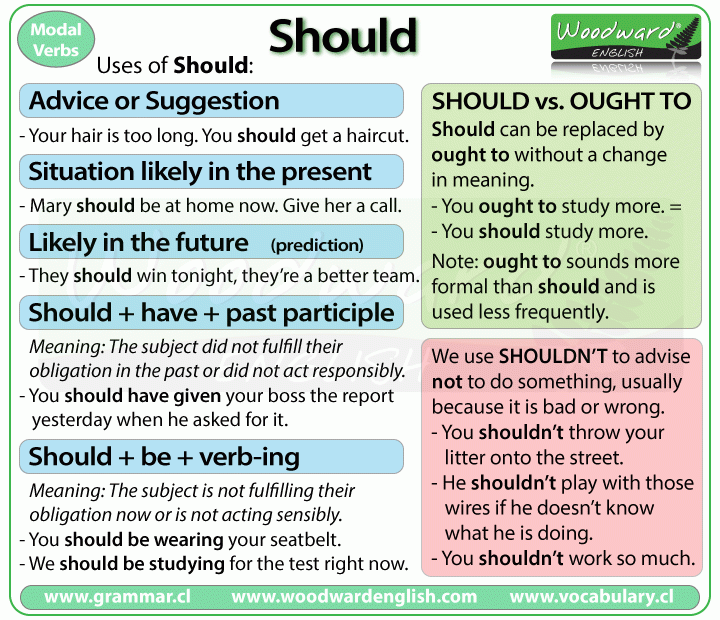Navel Hernia During Pregnancy: Understanding, Diagnosis, and Management
A navel hernia during pregnancy is a common concern that affects many expecting mothers. This condition arises when a portion of the intestine protrudes through a weakened area in the abdominal muscles around the navel. Understanding the causes, symptoms, and treatment options is crucial for managing this condition effectively. This article aims to provide a comprehensive overview of navel hernias during pregnancy, including their diagnosis, potential complications, and prevention strategies.
Navel hernias typically occur due to increased abdominal pressure caused by the growing uterus. Other factors, such as multiple pregnancies, obesity, and a family history of hernias, can also contribute to their development. Symptoms may include a noticeable bulge or swelling around the navel, pain or discomfort in the area, and a burning sensation. If you experience any of these symptoms, it’s important to consult a healthcare professional for proper diagnosis and treatment.
Navel Hernia While Pregnant

Yo, ladies! If you’re preggers and your belly button’s poppin’ out like a champ, don’t panic. It might just be a navel hernia. Here’s the lowdown on what it is and what to do about it.
What is a Navel Hernia?
A navel hernia is a hole in the muscles around your belly button. It’s like a little door that lets a bit of your intestines or other organs sneak through. When you’re pregnant, the pressure from your growing baby can push on your tummy muscles and make the hole bigger.
Symptoms
Most navel hernias don’t cause any problems. But sometimes, you might feel a bulge or lump around your belly button. It can also be sore or painful when you cough or strain.
Treatment
Usually, navel hernias don’t need any treatment. They usually go away on their own after you give birth. But if it’s causing you pain or discomfort, your doctor might recommend surgery to fix it.
Prevention
There’s no surefire way to prevent a navel hernia. But there are a few things you can do to reduce your risk, like:
- Get regular exercise to strengthen your tummy muscles.
- Avoid heavy lifting.
- Maintain a healthy weight.
FAQ Section
Can a navel hernia cause harm to the baby?
In most cases, a navel hernia does not pose a direct risk to the baby. However, if the hernia becomes strangulated, cutting off blood supply to the protruding intestine, it can lead to serious complications for both the mother and the baby.
Is it safe to exercise with a navel hernia during pregnancy?
Light to moderate exercise is generally safe during pregnancy, but it’s important to avoid strenuous activities that put excessive strain on the abdominal muscles. Consult your healthcare provider for personalized guidance on safe exercises.
Can a navel hernia resolve on its own after pregnancy?
In some cases, small navel hernias may resolve spontaneously after childbirth as the abdominal muscles regain their strength. However, larger hernias typically require surgical repair.
Is it necessary to have surgery for a navel hernia during pregnancy?
Surgery is usually not recommended during pregnancy unless the hernia becomes strangulated or causes severe discomfort. In most cases, surgical repair is performed after delivery.





